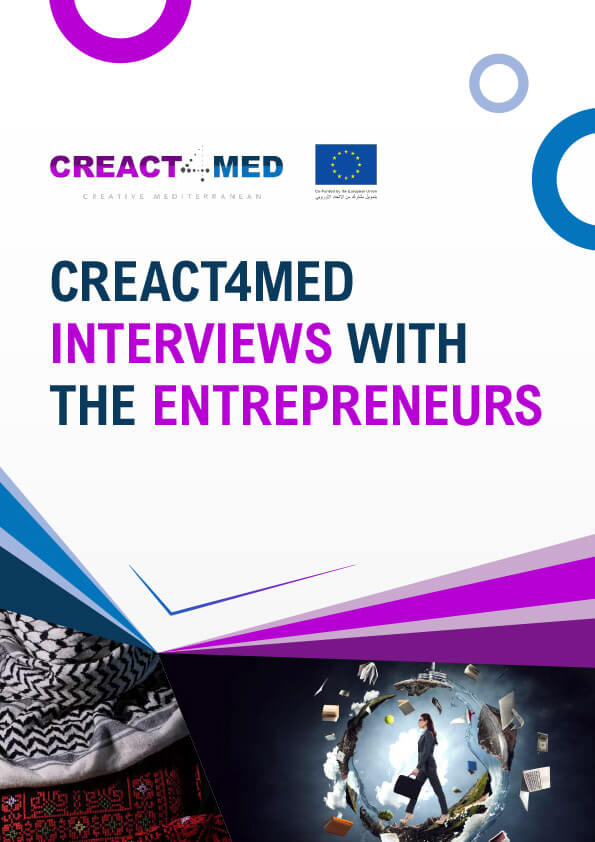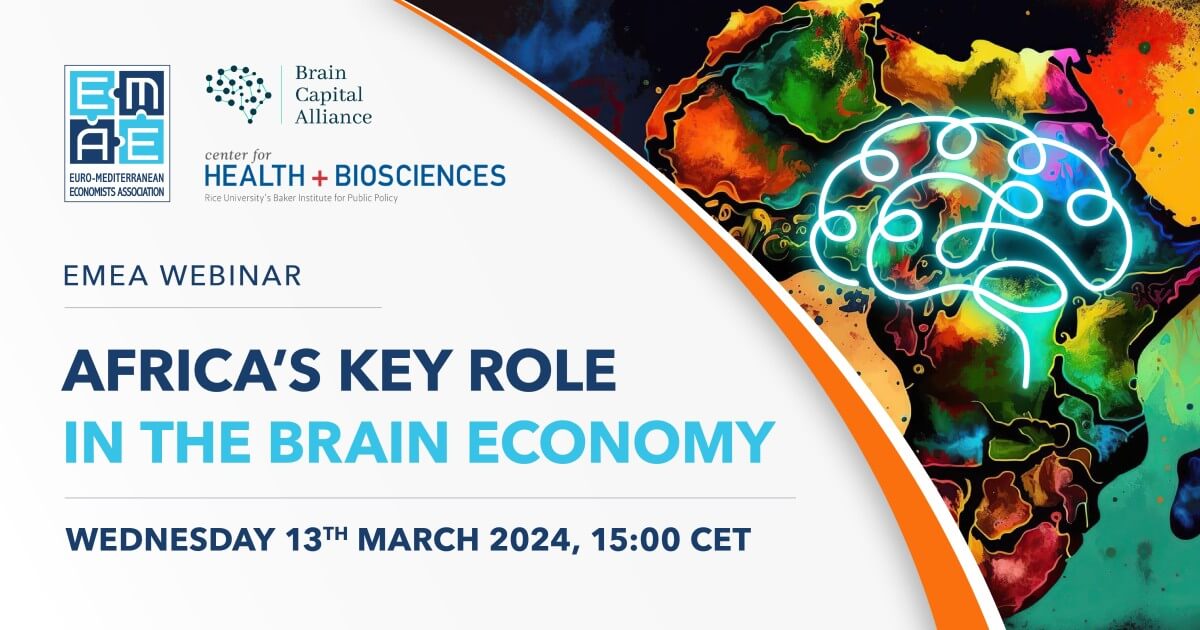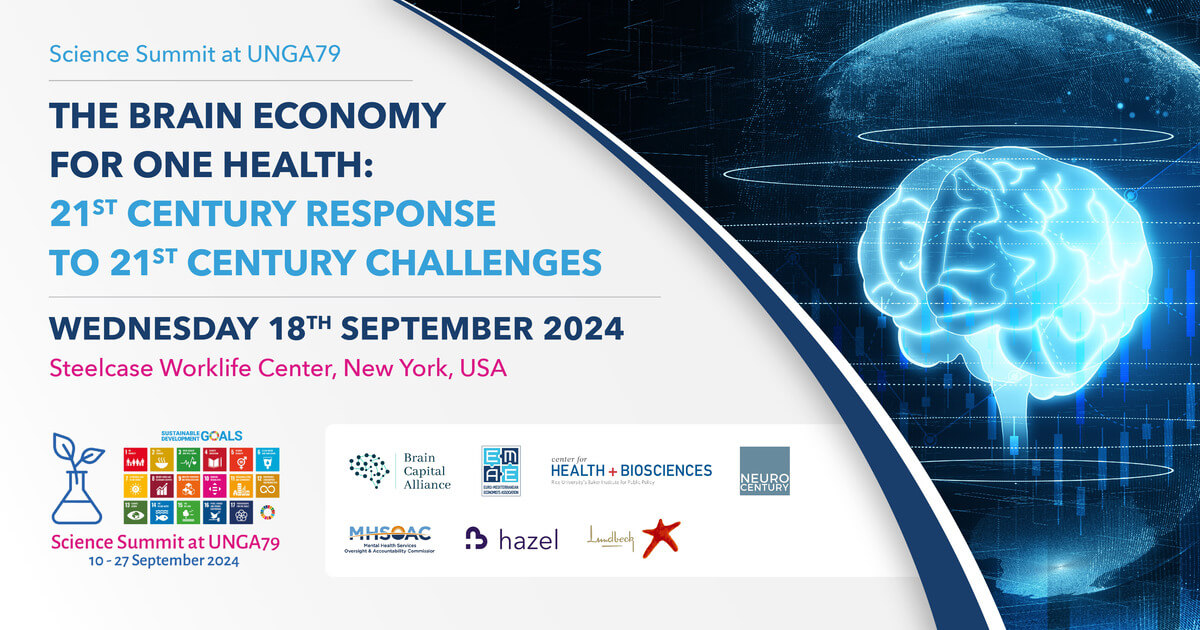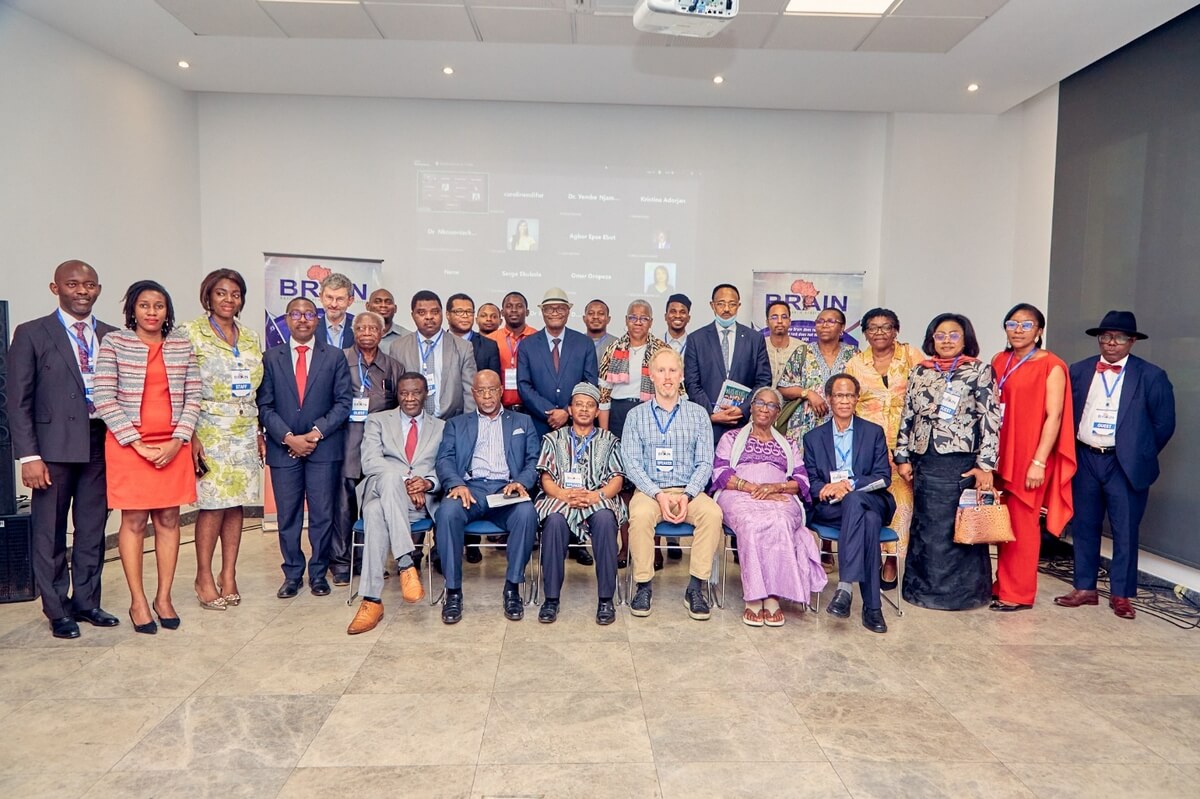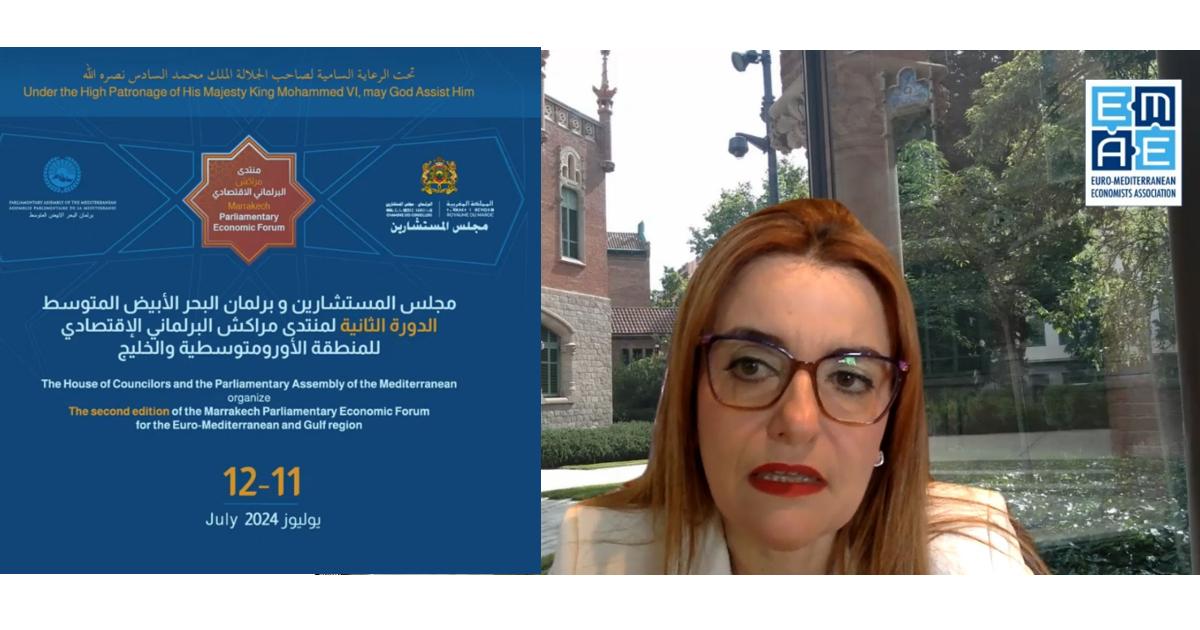We must transition to a brain-positive economy aka brain economy – a global goal to stop and reverse the loss of brain capital, which puts a premium on brain health and brain skills in accomplishing socio-economic objectives. Such a transition is good for people, the economy and nature. Public, private, not-for-profit and philanthropic actors are all essential.
The event aims to explore the potential of neuroscience in shaping economic and policy decisions for Africa’s development.
The webinar will feature presentations from experts in various fields. Topics will range from the transition to a brain-positive economy and its implications for different income groups, to the interplay between brain capital, sustainability, gender equity, public-private and climate dynamics.
Focusing on building African brain capital in the next 50 years is crucial for several reasons:
- Sustainable Development Goals (SDGs): Brain capital, which includes brain health and skills, plays a pivotal role in achieving all of the United Nations’ 17 Sustainable Development Goals. By investing in brain capital technologies and research that promotes brain health, we can cultivate productive, healthy brains capable of advancing our society.
- Economic Growth: Brain capital can drive economic growth by dealing with economic strain, productivity slowdown, and the need for more industrial innovation. It provides a lens for dealing with these challenges and can introduce a paradigm shift to our understanding and agency in brain health.
- Health and Well-being: Given the critical need to nurture healthier, more resilient, and increasingly flexible brains worldwide, building brain capital is essential. It prioritizes brain skills and brain health, which are fundamental to individual and societal well-being.
- Gender equity: Women and girls are especially vulnerable to trauma and neurological disease, education disruptions, and disproportionately serve as caregivers (both for children and elders) and share in the breadwinning. Yet, public policy has not addressed this gender disparity and women’s particular needs, even though the effects of poor brain health effect the entire family.
- Climate Dynamics: Brain capital can also help in understanding and addressing the interplay between our brains and climate dynamics, including extreme weather, air pollution, and green skills.
- Societal Challenges: Optimizing brain health and investing in building cognitive and brain capital is fundamental to meet modern societal challenges.
Building African brain capital is not just about improving individual health outcomes; it’s about fostering sustainable development, driving economic growth, and meeting societal challenges head-on. It’s an investment in the future of Africa and the world.
There will also be case studies presented on the practical application of these concepts in specific African countries.
The event will conclude with a panel discussion featuring distinguished experts from academia, investment firms, and international organizations. They will engage in a thought-provoking discussion on the role of neuroscience in policy and investment decisions for building Africa’s brain capital. This webinar promises to be an enlightening experience for all attendees.
The webinar is organised by the Euro-Mediterranean Economists Association (EMEA) in collaboration with the Brain Capital Alliance and Rice University’s Baker Institute for Public Policy and will take place on Wednesday 13 March 2024, 15:00 – 16:30 CET, on Zoom.
Agenda
Moderator: Prof. Rym Ayadi, EMEA President and Founder, Co-lead of the Brain Capital Alliance, CEPS Senior Advisor
Speakers:
- Harris A. Eyre MD PhD, Fellow at Rice University’s Baker Institute for Public Policy, EMEA Advisor, Lead of the Brain Capital Alliance
- Zul Merali, Professor of Neuroscience, Aga Khan University, Kenya and Pakistan
- Massamba Thioya, Project Executive, UNFCCC Global Innovation Hub
- Alfred K. Njamnshi, Professor of Neurology & Neuroscience, Founder-CEO of Brain Research Africa Initiative (BRAIN)
Discussants:
- George Vradenburg, Chair of Davos Alzheimer’s Collaborative
- Funsho Allu, Partner, TIA Capital Management
- William Hynes, Honorary Professor of UCL and External Applied Complexity Fellow at the Santa Fe Institute
- Ekkehard Ernst, Chief of the Macroeconomic Policy Unit, International Labour Organization, President of Geneva Macro Labs
- Kwame Sarpong Barneih, Partner, Head of Governance, Risk and Compliance Services, KPMG Ghana

